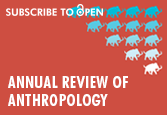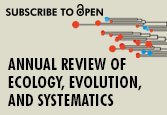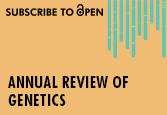Successful Conversion of Journals to OA by S2O
2023 commitment announced - read the press release
2023 – mid-year progress report
2023 – year-end Impact Report
Volumes publishing January-December 2024:
1st Quarter (January-March)
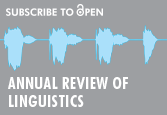
Linguistics

Marine Science

Psychology

Fluid Mechanics
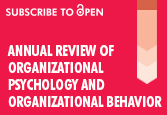
Organizational Psychology and Organizational Behavior
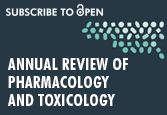
Pharmacology and Toxicology
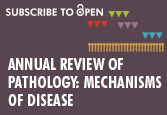
Pathology: Mechanisms of Disease

Entomology

Criminology

Medicine

Physiology

Animal Biosciences
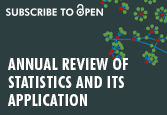
Statistics and Its Application

Condensed Matter Physics
2nd Quarter (April-June)
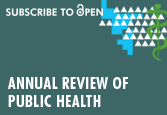
Public Health

Cancer Biology

Physical Chemistry

Immunology

Food Science and Technology

Biomedical Engineering

Control, Robotics and Autonomous Systems

Biophysics

Clinical Psychology
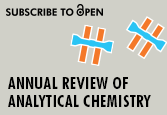
Analytical Chemistry

Plant Biology

Earth and Planetary Sciences

Chemical and Biomolecular Engineering

Political Science

Biochemistry
3rd Quarter (July-September)

Materials Research
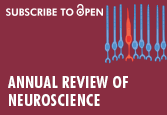
Neuroscience
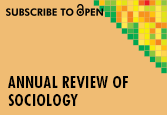
Sociology

Economics
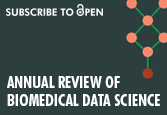
Biomedical Data Science

Astronomy and Astrophysics
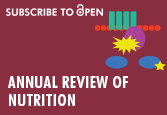
Nutrition
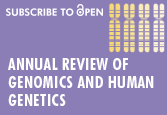
Genomics and Human Genetics

Phytopathology
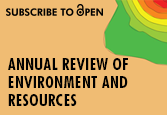
Environment and Resources

Vision Science

Nuclear and Particle Science
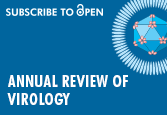
Virology
4th Quarter (October-December)
Advocacy from researchers for OA journals
In March 2023, UK researchers wrote an open letter encouraging library directors to follow the lead of US library directors and adopt new models for scholarly publishing such as Subscribe to Open. Read the letter and see the signatories
Learn more about Subscribe to Open (S2O) and help spread the word:
Download our infographic CC-BY-SA 1.0
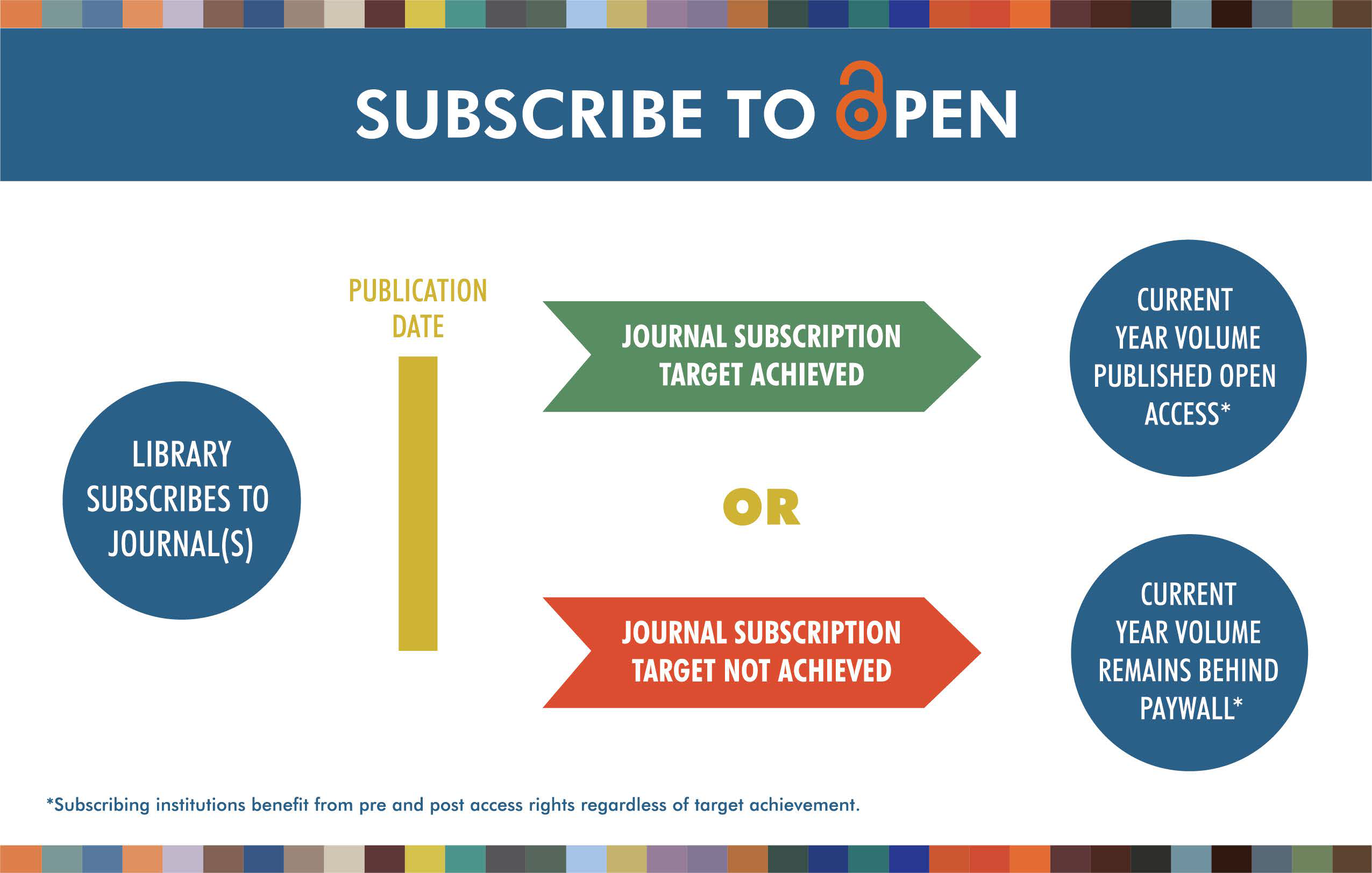
- Pricing and expenditure information is available here.
What are the benefits of S20?
Benefits for Subscribers
- Guaranteed permanent data rights to the content (regardless of the success of the offer)
- Access to Reviews in Advance (RIAs), which are articles available before their official publication date
- Enhanced back volume availability
- Demonstrated commitment to Open Access
Benefits for Authors
- OA publication without any article charges. This provides equal OA support for authors from all institutions and to all fields of research
- Articles are published under a Creative Commons license
Benefits for the Community
- Makes scholarly review content available to the larger community
- Supports open science and helps meet the growing demand for OA publications





